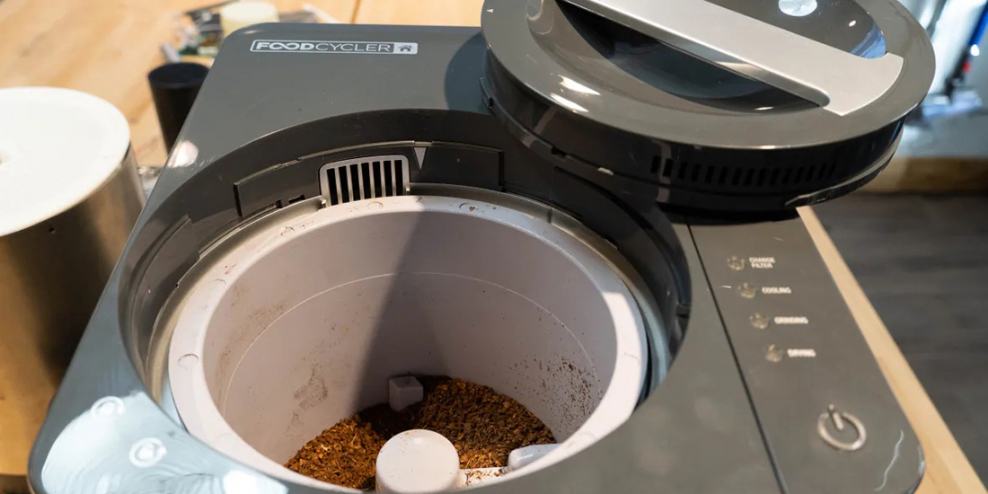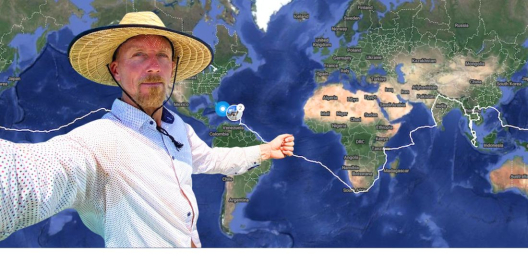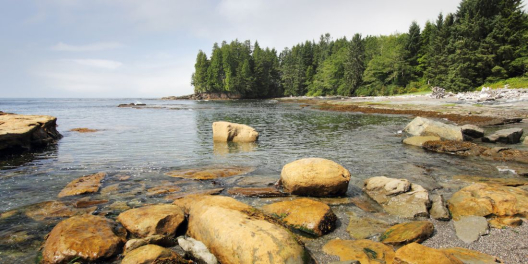The City of Nelson has just launched a program that’s pretty cool. In fact, we’re surprised no one else has done this yet.
It comes in a sleek, simple countertop-sized package and helps solve a ton of problems—all while cutting city costs.
It’s called a FoodCycler. The city has given out 1,600 of these to residents to manage their food waste.
Think of it like an ice cream maker and a microwave in one, but for making compost.
This little gizmo dries, grinds, and cools food scraps without making any smelly methane gas, and turns it into good, clean dirt in four to eight hours.
Nelson’s FoodCycler program is part of a Regional District of Central Kootenay project to keep food waste out of landfills.
But it does a whole lot more than that.
It eliminates the methane from scraps, makes fertilizer for gardens, and helps keep bears and other wildlife out of neighbourhoods and safe in the woods where they belong.
Plus, it cuts the costs of managing the city’s food waste.
For example, Courtenay recently brought in compost pick-up. And let’s be real, that’s great news.
The put things in perspective, it cost $8.3 million to build a regional organic composting facility for the Comox Valley and Strathcona Regional District.
They haven’t announced how much it’ll cost for folks to use the pick-up service yet. But if the old fees are anything to go by, we figure it’ll be something like $165 a year per household.
This doesn’t include yearly costs to run the composting facility.
On the flip side, the City of Nelson paid about $43.75 per FoodCycler.
If Courtenay had bought one FoodCycler for each of the 13,414 households in the last census, it would have amounted to approximately $586,862 total.
Each FoodCycler lasts about 5 years. So it would cost the city only about $120,000 a year for Courtenay to deal with food scrap waste.
As for costs to households, it’s about 11 cents to run one cycle. So you could run it every single night of the year and it would cost you $40.15. That’s a lot less than the pick-up service.
Plus, you never have to take a sloppy, half-rotting compost bucket and try to dump it without splashing yourself. And the FoodCycler smells better.
Sounds like a breath of fresh (methane-free) air.
Yes, the FoodCycler has downsides. This is not an ad. In bigger cities like Vancouver, where would you put all that dirt? And it’s a lot of electronic waste to deal with when they crap out after five years.
But it gets us thinking. How we could do things differently in our smaller VanIsle communities?
If you can see this working in your hometown, it might be worth bringing up at your next city council meeting.









